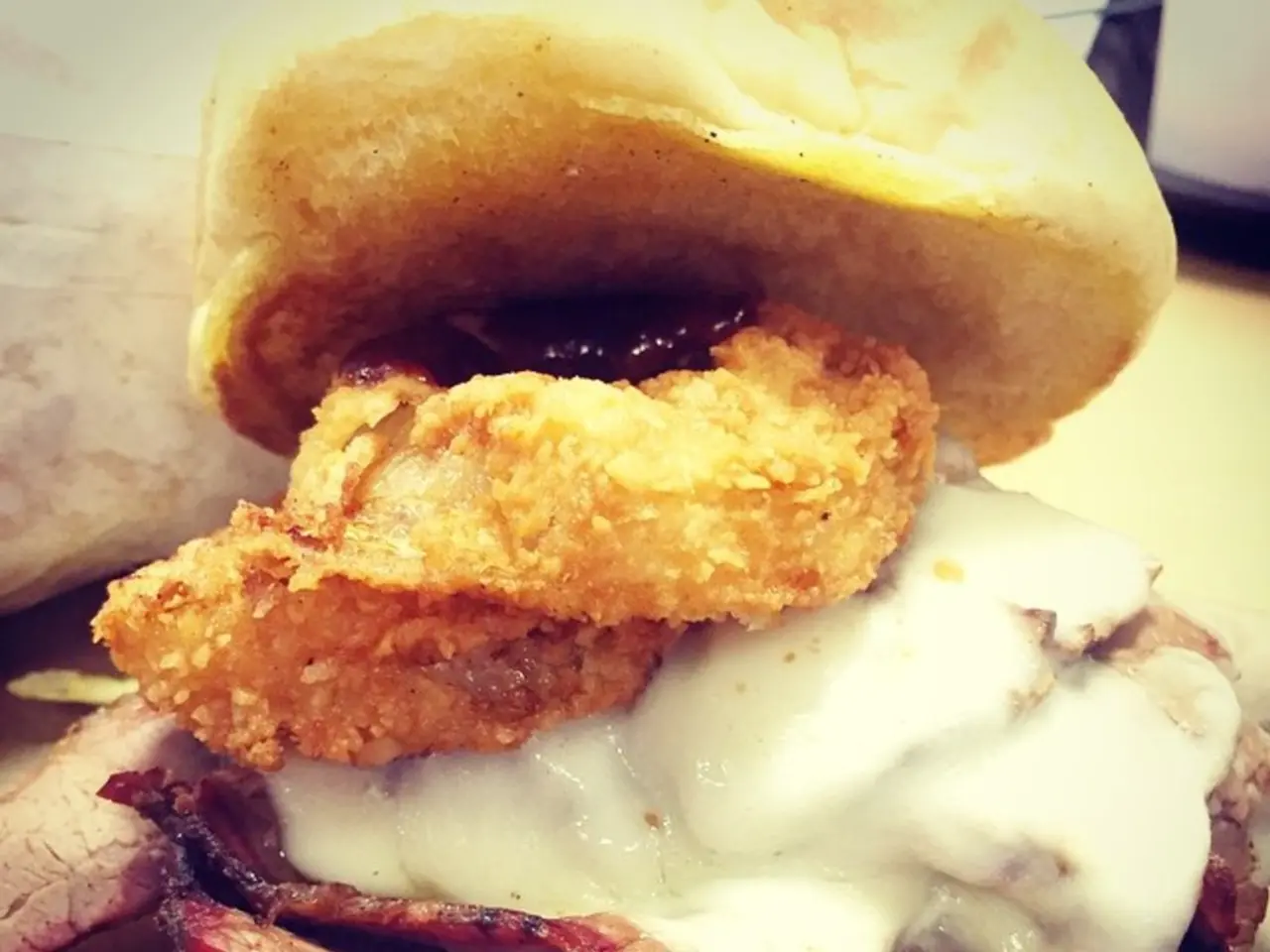Winter Snack Cravings Linked to Fats, Study Finds
Researchers have discovered an unexpected connection between the types of fats we consume and our snacking habits, especially during winter. A study from UC San Francisco indicates that certain fats can trigger a cycle of cravings, potentially leading to winter weight gain.
The study contradicts the previous belief that snacking cues are mainly influenced by the length of the day. Instead, it demonstrates that the kind of fatty foods we eat plays a significant role. As autumn approaches, plants produce more unsaturated fats, signaling our bodies to use their fat stores. Conversely, as summer approaches, plants produce more saturated fats, prompting our bodies to store energy as fat. This is due to the impact of saturated fat on a protein called PER2, which regulates fat metabolism.
The researchers advise avoiding foods high in saturated fats during winter to curb cravings. These include fatty cuts of meat, butter, cheese, and processed foods. Instead, opt for balanced meals with whole grains, legumes, dairy products, fish, meat, vegetables, and fruits. These provide a better nutrient balance and promote satiety, helping to minimize snacking tendencies.
The study emphasizes the importance of dietary choices in managing snacking tendencies and winter weight gain. By understanding the impact of different fats on our bodies, we can make informed decisions about our food choices, particularly during the winter months.





